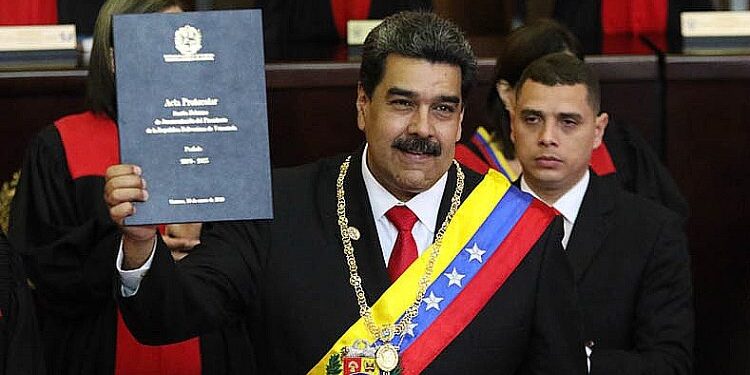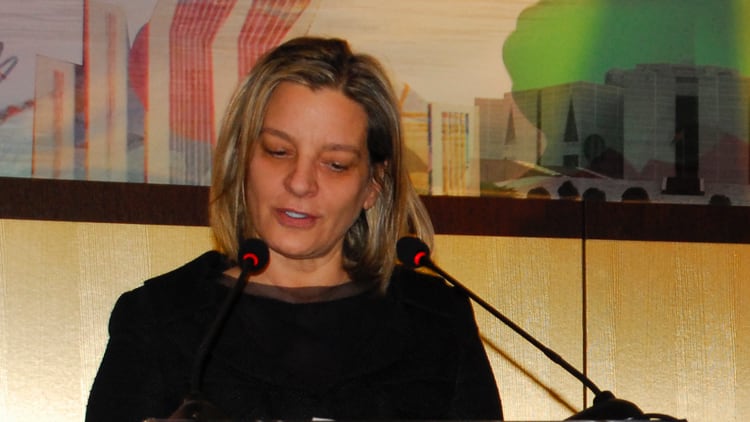Eduardo González
The EU Foreign Affairs Council yesterday renewed for a period of six months, instead of one year, the sanctions against Venezuela, after Spain recommended the revision of these measures in response to the recent agreement between the opposition and Nicolás Maduro’s regime to hold presidential elections in 2024.
“In view of the situation in Venezuela, the Council decided today (yesterday), on an exceptional basis, to extend its restrictive measures for a single period of six months instead of one year, until May 14, 2024,” the Council said in a statement. These restrictive measures include an embargo on arms and equipment for internal repression, as well as a travel ban and an asset freeze on 54 listed individuals. In connection with the latest renewal of the measures, one deceased person has been removed from the list.
“The Council welcomes the Venezuelan-led political agreement of 17 October 2023 in Barbados, which represents a positive and necessary step towards the continuation of an inclusive dialogue process and towards the restoration of democracy in Venezuela,” the EU notes. “In this context, and in the framework of the annual review of its restrictive measures, the Council has decided to exceptionally shorten the duration of the next renewal from twelve to six months”, it adds.
Last October 23, the acting Minister of Foreign Affairs, José Manuel Albares, proposed to his EU counterparts the review of European sanctions on Venezuela “in line with recent US decisions in this regard, and in view of the positive evolution of the dialogue between Venezuelans”, as stated by the head of Spanish diplomacy at the press conference following the meeting of the EU Foreign Affairs Council (FAC), held that day in Luxembourg.
“The High Representative (Josep Borrell) has agreed with my request and has advanced that he will bring that review study to an upcoming Foreign Affairs Council (specifically, yesterday’s one in Brussels),” he added. The Council’s decision came just one day before the automatic renewal of the sanctions, scheduled for today, November 14.
In mid-October, the United States announced the lifting for six months of sanctions on Venezuelan oil and gas after the Maduro government and the opposition United Platform reached an agreement in Barbados to hold presidential elections in the second half of 2024 and with the presence of international observers.
However, EU sources recently acknowledged to the Europa Press agency that the disqualification of the opposition presidential candidate María Corina Machado had generated doubts among the member states regarding the sanctions. Machado, winner in the opposition primary elections with more than 90 percent of the votes, has been disqualified for public office until 2030 and the Venezuelan Attorney General’s Office is investigating the primary process for alleged fraud, leaving in the air that she could face Nicolás Maduro in the elections of the second semester of 2024.
However, according to what she herself declared to Efe agency, the US Administration recently assured Camacho that it had reached an agreement with the Executive of Nicolás Maduro for the lifting of the disqualifications before December. Therefore, and in compliance with this “direct” negotiation between Washington and Caracas, the former congresswoman believes that by November 30 “the mechanism for the qualification of any candidate to the Presidency must already be determined”.







